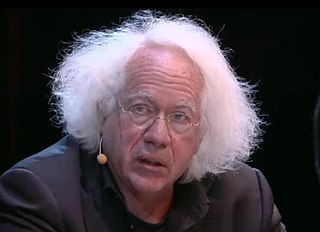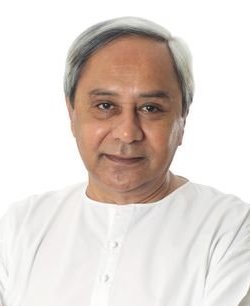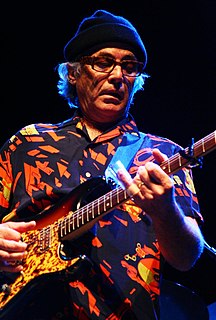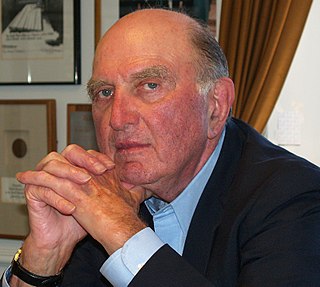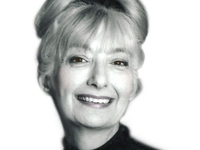A Quote by Michael Moorcock
I come from an almost wholly secular background and have no quarrel with religion.
Related Quotes
Philip Kitcher has composed the most formidable defense of the secular view of life since Dewey. Unlike almost all of contemporary atheism, Life After Faith is utterly devoid of cartoons and caricatures of religion. It is, instead, a sober and soulful book, an exemplary practice of philosophical reflection. Scrupulous in its argument, elegant in its style, humane in its spirit, it is animated by a stirring aspiration to wisdom. Even as I quarrel with it I admire it.
I'm not against religion in the sense that I feel I can't tolerate it, but I think written into the rubric of religion is the certainty of its own truth. And since there are 6,000 religions currently on the face of the earth, they can't all be right. And only the secular spirit can guarantee those freedoms and it's the secular spirit that they contest.
For people raised and programmed on the patriarchal religions of today, religions that affect even the most secular aspects of our society, perhaps there remains a lingering, almost innate memory of sacred shrines and temples tended by priestesses who served in the religion of the original supreme deity. In the beginning, people prayed to the Creatress of Life, the Mistress of Heaven. At the very dawn of religion, God was a woman. Do you remember?

